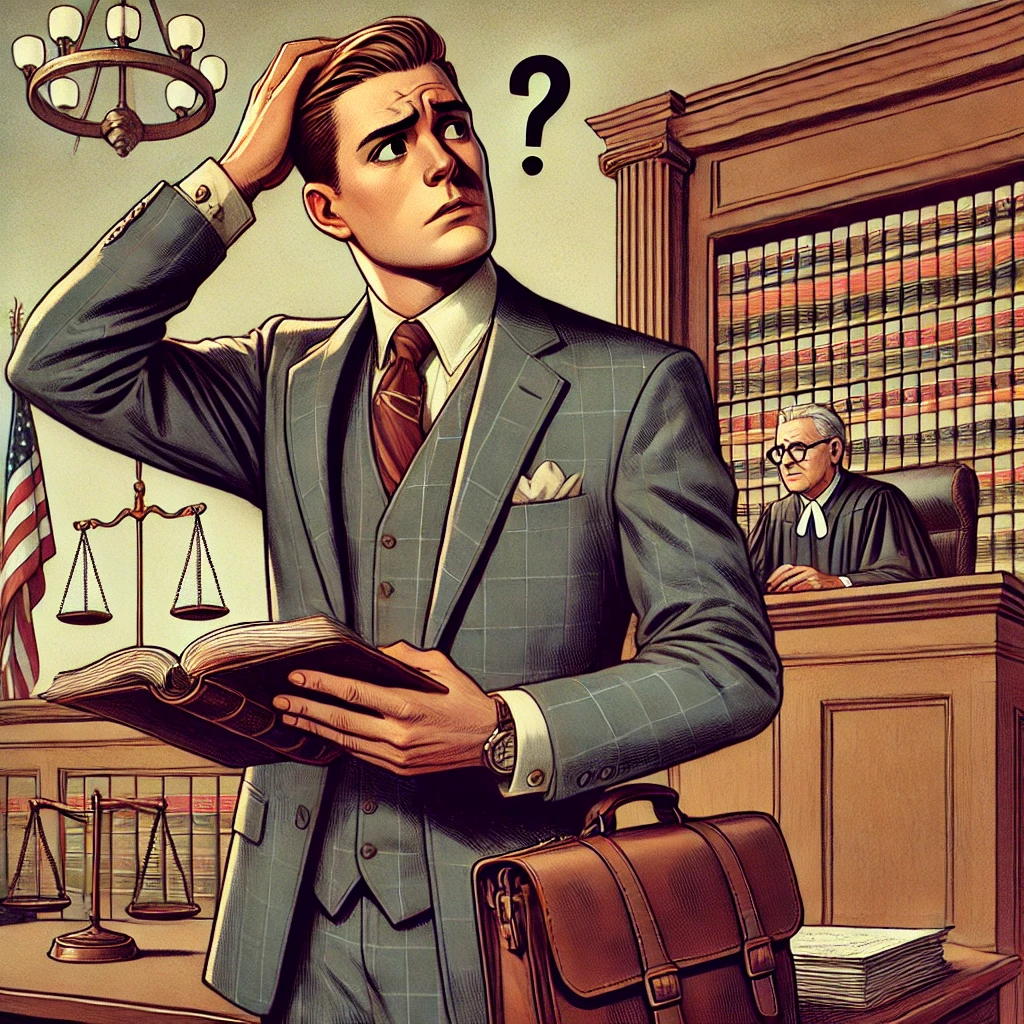
You already know that an order granting an anti-SLAPP motion is immediately appealable—that is, you should not wait around for a formal judgment before appealing. That’s why the plaintiff in Wastexperts, Inc. v. Arakelian Enters. (D2d4 Jul. 11, 2024 No. B325299) [pub. opn.] appealed immediately. But what about when the court later enters a formal judgment? Does that need to be appealed too?
The plaintiff in WasteXperts did not appeal from the judgment. And the defendant moved to dismiss the appeal as moot. The defendant had a point: Although the anti-SLAPP grant on all claims was appealable, it was not a judgment. That is because, by law, a judgment dismissing all claims must be signed. (Code Civ. Proc., § 581d.) And the anti-SLAPP order was not signed. And it directed preparation of a formal judgment.
But the court held that it had jurisdiction despite the lack of an appeal from the judgment. The entirety of the court’s analysis, contained in a footnote, is: “An order granting an anti-SLAPP motion as to the entire complaint is itself a judgment. (*Melbostad v. Fisher* (2008) 165 Cal.App.4th 987, 992–997.)”
Initially, note that the pincite to Melbostad for this proposition—which the court thought needed no further explanation—is to six pages. And in fact those pages in Melbostad do not clear up the issue. Instead, they cover a split of authority and ultimately support a number of propositions, such as
But a mere pincite to the six pages that cover these different propositions does not discharge the Court of Appeal’s duty to address doubts about its jurisdiction. (Olson v. Cory (1983) 35 Cal.3d 390, 398 [”[S]ince the question of appealability goes to our jurisdiction, we are dutybound to consider it on our own motion.”].)
The court published this opinion to highlight its note about attorney incivility. I have seen worse cases of incivility, and you probably have, too. But I suspect the court drew attention to it—both in the opinion and at oral argument, belaboring the point for several long minutes and soliciting an apology before moving to the merits—because the offending party prevailed, and the court did not want to suggest that this had anything to do with the unfortunate choice of language and tone.